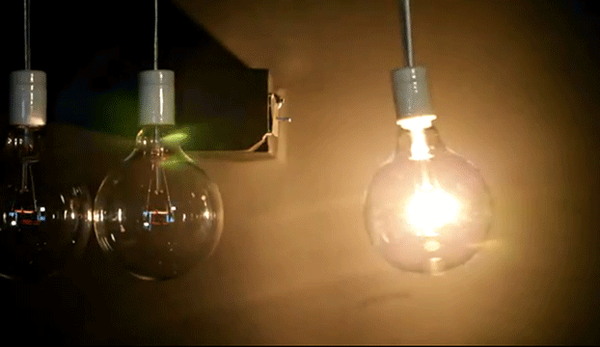What does it take to be considered a genius? Is a genius a remarkable musician who moves our spirits, an artist who creates beautiful paintings, a student who scores off the charts on an IQ test or the employee working the Genius Bar at your local Apple store? OK, maybe the last example is pushing it, but consider the other varieties of geniuses -- those with amazing musical, artistic, athletic and intellectual talents. Were the Mozarts and Monets of the world born with their genius? Or did their environment shape who they became?
Genes appear to have a big role in our intelligence and talents. Researchers at Washington University School of Medicine in St. Louis have identified a specific gene that may help manage our skill level for organizing things logically. And although this is just one part of the mystery between our genes and intelligence, the discovery certainly warrants some thought. This type of discovery may help explain why early studies in regard to intelligence seem to favor genetics over environment when it comes to IQ. Those studies showed that even though some adoptive children grew up in an environment completely separate from their biological parents, their IQs were more aligned with theirs than that of the adoptive parents [source: Dryden].
Advertisement
However, that's not the end of the story. As mentioned, the possible gene linked to organizing things logically is a piece of a much larger puzzle. That goes for intelligence and other talents, as well. Most of the time, when society claims someone as a genius, it's for multiple traits -- personality, cognitive capacity, motivation -- working together. As it turns out, these traits and others like them have been linked to strong hereditary underpinnings [source: Kaufman].
Even though these beloved traits have a basis in genetics, that doesn't mean they're set in stone. After all, one trait may require collaboration of multiple genes. According to cognitive psychologist Scott Barry Kaufman, a hereditary advantage for a trait that might lead us to great things isn't a sure thing. Genes develop on their own, on their own timeline. That means that someone could be a child prodigy if everything comes together early on, but genius might not emerge until later in life -- and it can even wane. This is where genetics and environment collide.
While we might be able to thank our moms and dads for a genetic propensity for genius, their hard work creating a nurturing environment might deserve more applause than handing over their DNA should get. At the same time, we should also reconsider giving up if our genes seem to be coming up short.
Advertisement

